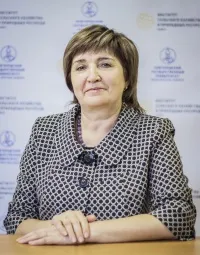Smart Beekeeping: How IT Technologies Are Transforming Russian Apiaries
Scientists from Yaroslav-the-Wise Novgorod State University have patented a comprehensive system for a “smart hive” that could change the future of beekeeping in Russia.
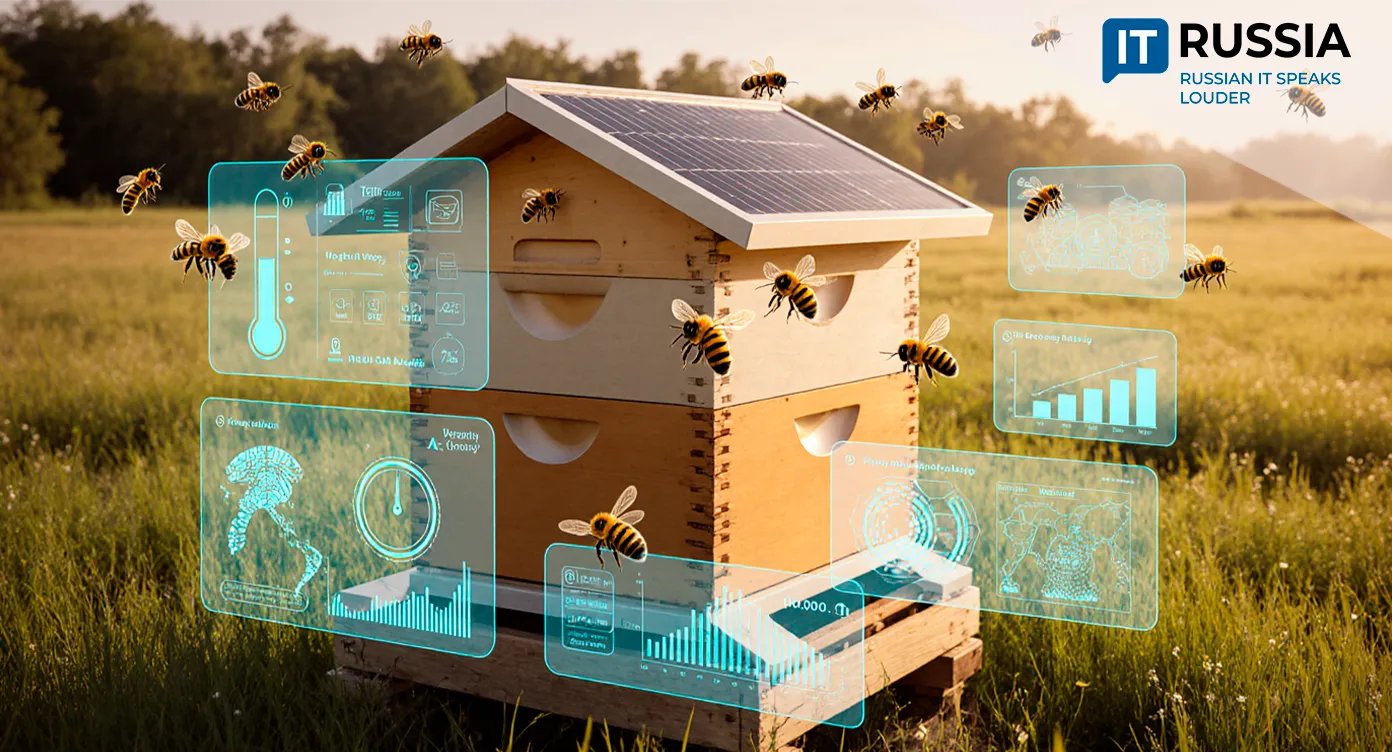
Full Hive Monitoring
Beekeeping has traditionally been one of the most conservative agricultural sectors, but digital transformation is starting to reshape it. Russian apiaries are embracing innovation to enable continuous monitoring, data collection, and care automation.
Researchers from Yaroslav-the-Wise Novgorod State University (NovSU) have patented an intelligent beehive system. The development team includes Associate Professor Tatyana Kondratyeva, Senior Lecturer Yakov Manurikov, and IT Administrator Dmitry Belov. The project is supported by a grant from the Russian Ministry of Science and Higher Education under the Decade of Science and Technology program.
The key feature of the hive is its built-in monitoring system. “Inside the hive body, a multifunctional sensor records temperature, humidity, and weight to maintain an optimal microclimate. The collected data are transmitted to a base station,” explains Kondratyeva.
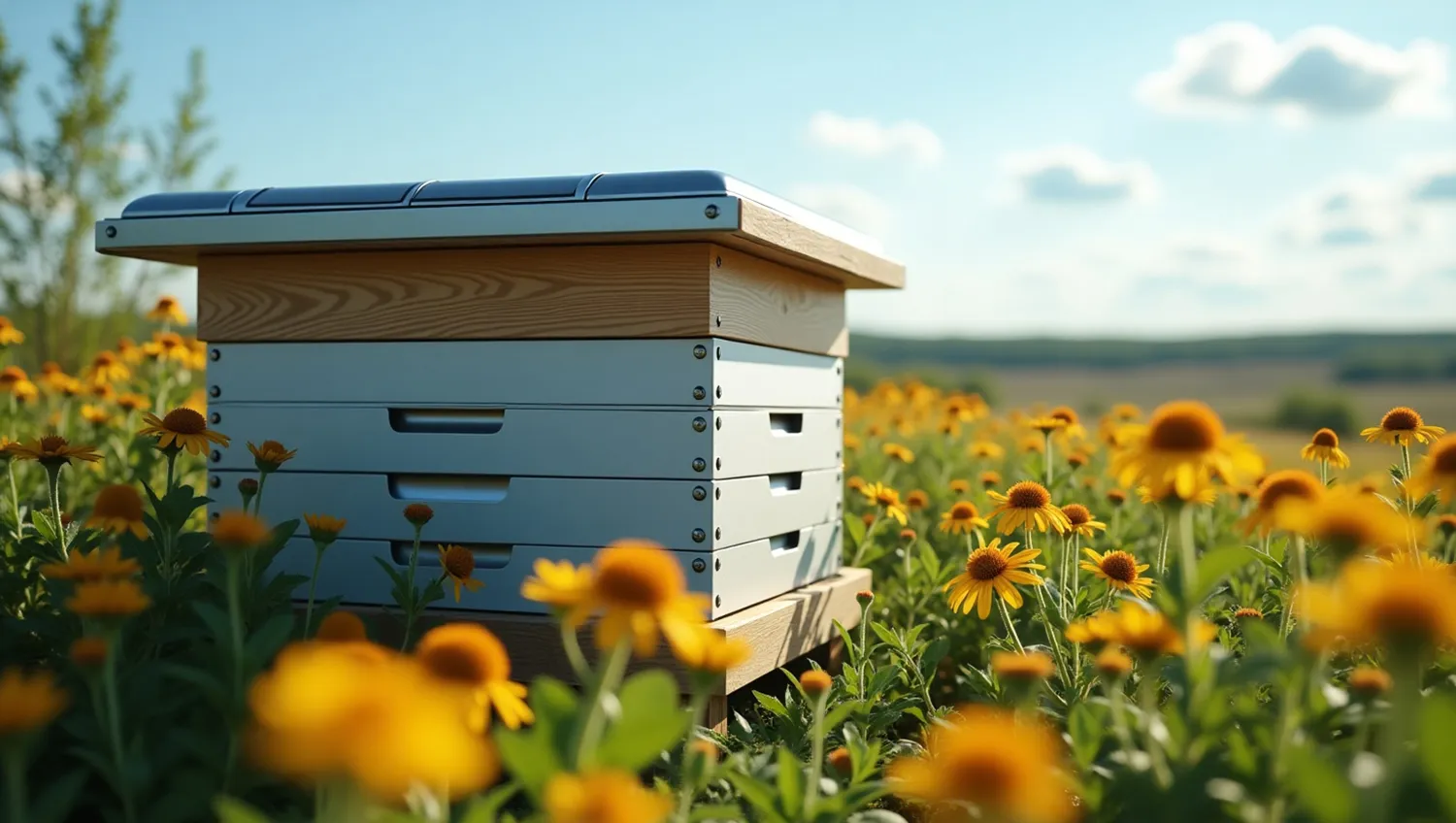
This enables beekeepers to monitor hive conditions in real time, automate maintenance tasks, and—most importantly—provide bees with supplemental feeding during the winter months. The hive includes an automatic syrup feeder that activates when weight drops below a set threshold, dispensing 250 ml of syrup, enough to sustain the colony for about a week.
Security and Sustainability
Another advantage of the smart hive is theft protection. Each unit contains a motion sensor and a GPS tracker that monitor its location. If unauthorized access or tampering occurs, the owner receives an alert via a mobile app.
For remote or off-grid installations, solar panels mounted on the hive roof power IoT sensors, electronics, and rechargeable batteries. This setup allows the hive to function autonomously for several weeks without sunlight.
These features make the smart hive an effective solution for large-scale and distributed operations, giving farmers greater peace of mind while reducing travel time to remote apiaries.
Raising Efficiency and Reducing Risks
Russia’s beekeeping sector is undergoing rapid modernization. While automated feeders and heating systems were tested in the Soviet era, modern sensors and wireless communications now allow continuous data flow directly to the beekeeper’s dashboard.
The NovSU smart hive simplifies maintenance, cuts down on manual labor, and significantly reduces winter losses caused by starvation. Its security system also helps minimize theft-related losses.
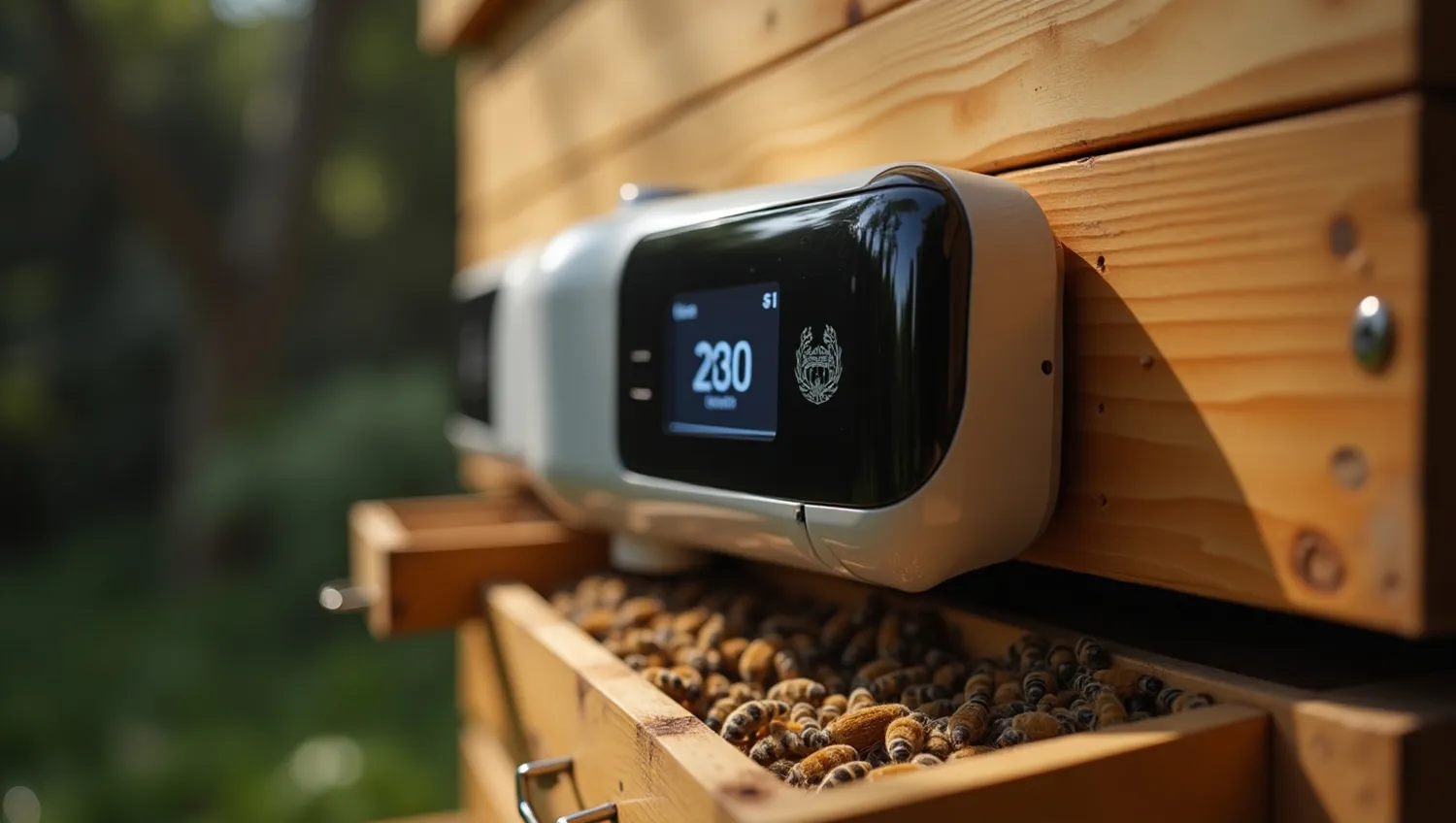
According to the developers, this innovation frees up time for farmers to expand operations, which could boost honey production and lower overall costs. The transition to digital management makes the business more resilient and increases the competitiveness of small and medium-sized beekeepers.
Russian telecom giant Rostelecom has also tested its own Digital Hive platform in seven regions, including Bashkortostan, Tatarstan, Mordovia, Chuvashia, Tyumen, Leningrad, and Tver regions. Together, these solutions are accelerating the digital transformation of agriculture in Russia.
Integration with Smart Agriculture and Export Potential
Beekeeping plays a vital role in agricultural ecosystems, as bees are key pollinators for numerous crops. Connecting smart hives into a national network allows real-time data transmission to the cloud, where AI algorithms can analyze conditions across thousands of hives.
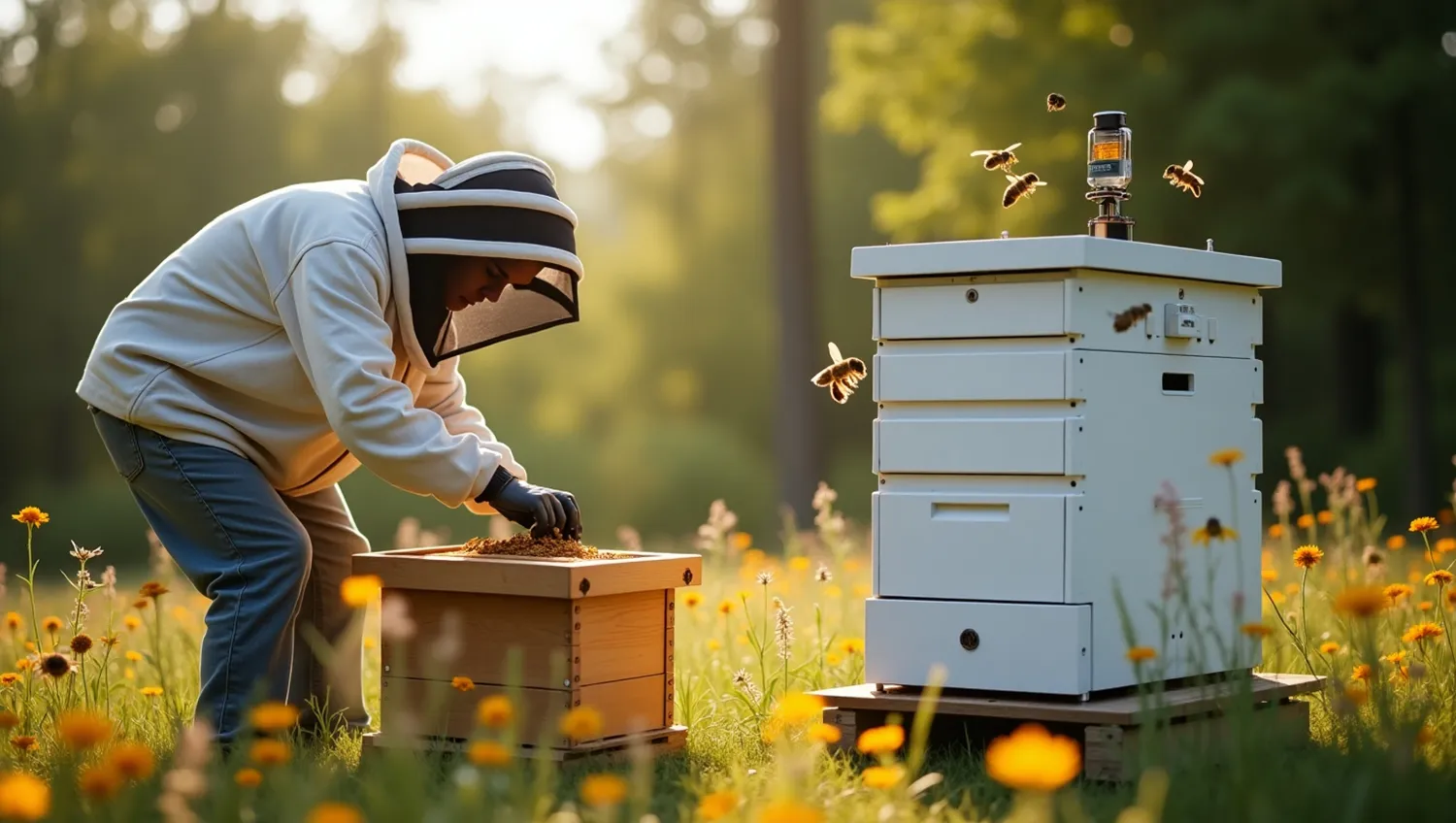
This approach will help scientists study bee behavior, identify colony collapse factors, and prevent disease spread. It can also support climate monitoring and environmental analysis in different regions.
With further standardization and adaptation to international climates, the Russian smart hive technology could find global demand, especially in the CIS and Global South countries focused on honey production and sustainable agriculture.


